Mozambique: UNAIDS and Chapo discuss impact of US financial cuts in health sector
Mozambique: Maputo tries to return to normal – Photos
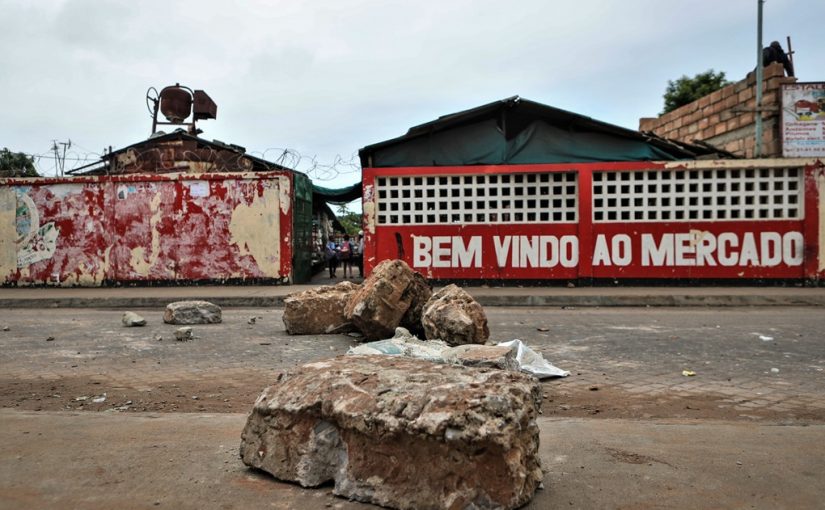
All photos: Luisa Nhantumbo/Lusa
Maputo tried to return to normality on Friday despite burnt-out cars, invaded shops, and blocked roads. The population is calling for peaceful solutions after the violent demonstrations to contest the results of the general elections on 9 October.
“This has to stop, it can’t go on. Even cars are having trouble getting through here (…) they have to stop because people are going to take advantage of this,” said Isaías Zefanias, 47, a resident of the Maxaquene neighbourhood, one of the centers of the protests that have been taking place in Maputo since last week.
Several roads and streets in the Mozambican capital still have rocks, logs and garbage containers blocking the roads, which are also marked by burnt tires and garbage, but also people who are timidly trying to get back to business.
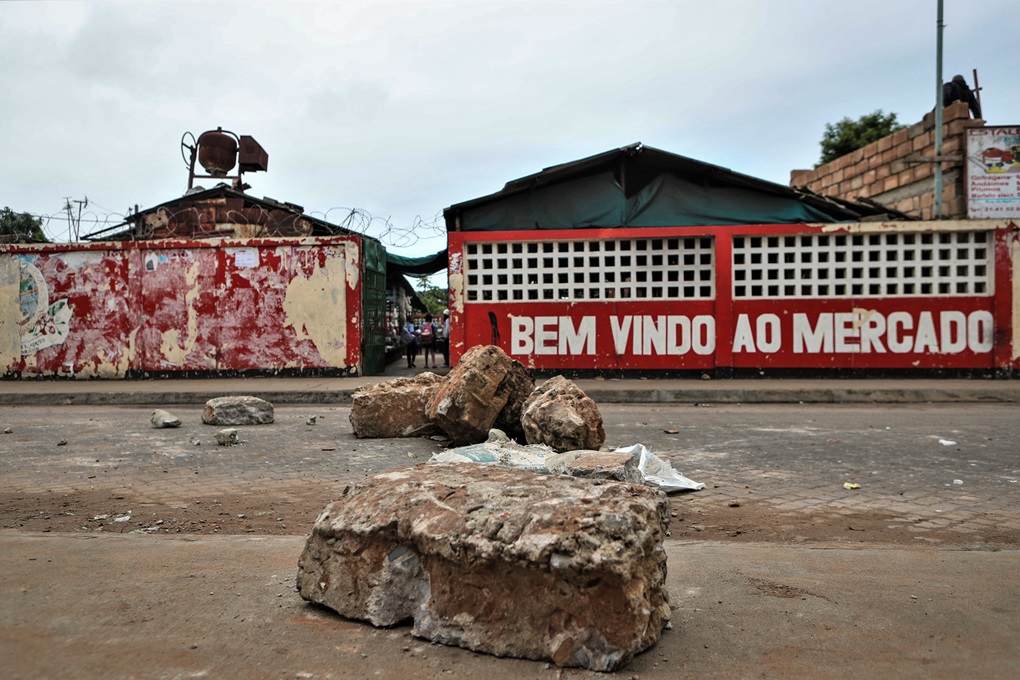
Commercial establishments are operating at half capacity, with only one door open, and informal vendors are filling the streets as the movement increases throughout the city.
Isaías Zefanias calls for dialogue between presidential candidate Venâncio Mondlane, who called for the strikes, and the government, to end the protests, considering that they are harming Mozambicans.
“I would like Venâncio, wherever he is, to think and see what is happening to the country. If he is going to announce the fourth wave, I don’t know, he should think about it,” said Isaías, lamenting the looting of the Shoprite supermarket, one of the oldest and largest in the Mozambican capital.
“Speaking of the other side, of the supermarket, where I sometimes go, on Friday I went there because I wanted to go to the bank, but I couldn’t get service at any of the banks. All the banks are closed, it’s very negative,” added Isaías.
The Shoprite supermarket, located on Avenida Acordos de Lusaka, in the center of Maputo, was invaded during the protests on Thursday, and several people were arrested, following looting of stores.
“It was sad when I received the information that they had invaded the OK [furniture store] and Vodacom, because it is the customers from there who come here for lunch (…) so it is sad because we also depend on them there for customers”, Márcia Isabel, an employee of a food outlet located opposite the supermarket, told Lusa.

Not far away, on Milagre Mabote Avenue, the facilities of the Maputo municipality, in the district of Kamaxaquene, were also burned, including four tractors and three cars, one of which belonged to a member of the National Criminal Investigation Service (SERNIC).
The municipal police officers fled the scene in disarray after the invasion by locals, the local commander told Lusa, regretting that they had to “start from scratch”.
“We only had time to take off our uniforms and leave this place (…) We took shelter in neighbouring houses here because they wanted ‘to take care’ of us,” said Jerónimo Chumaio, district commander of the municipal police in Kamaxaquene, also calling for dialogue to resolve differences.
“Protests are a constitutional right, yes, but as Mozambicans we have a culture of dialogue (…) this way of doing things is not getting us anywhere, we are delaying things. We must sit down and talk to overcome all the differences,” he concluded.
Despite acknowledging the damage caused by the demonstrations, Feliciano argues that the protests must continue so that the “electoral truth” can be restored, considering it a “necessary risk.”
“We practically feel the losses, but it is a necessary loss, it is a necessary risk because the people have been suffering anyway. It has been 49 years, almost 50 years of independence, but we see no development and we see nothing”, Feliciano told Lusa, while waiting for his turn to buy bread, in an atypical crowd at the establishment.

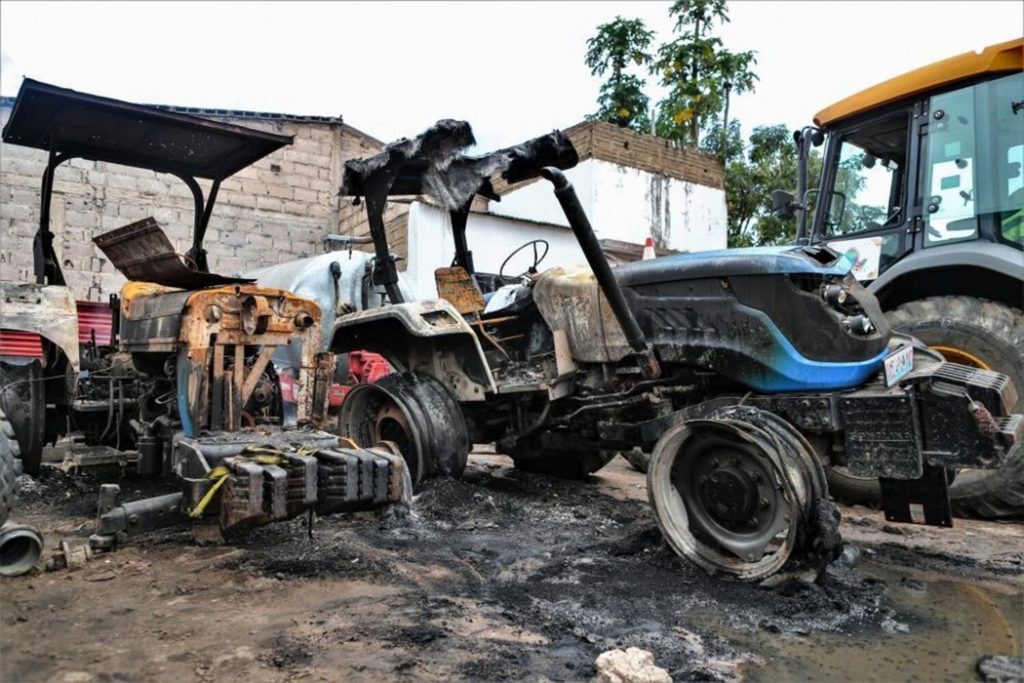
The announcement by the National Electoral Commission (CNE) of Mozambique, on October 24, of the results of the October 9 elections, in which it attributed the victory to Daniel Chapo, supported by the Mozambique Liberation Front (Frelimo, the party in power since 1975) in the election for President of the Republic, with 70.67% of the votes, sparked popular protests, called by presidential candidate Venâncio Mondlane.
After street protests that paralyzed the country on October 21, 24 and 25, Mondlane once again called on the population to a seven-day general strike, starting on October 31, with nationwide protests and a demonstration concentrated in Maputo previously called for Thursday, November 7, which degenerated into violent clashes in the center of the capital, with barricades and burning tires at several points. Venâncio Mondlane, who does not recognize the announced results of the general elections, announced on Thursday that the protests will continue until the electoral truth is restored.
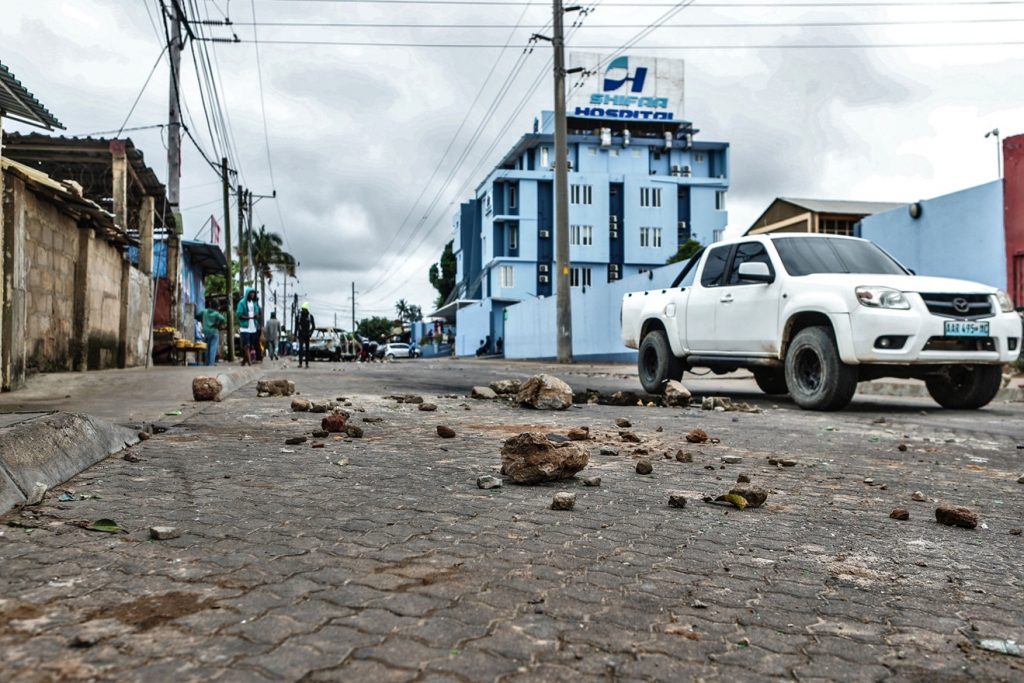
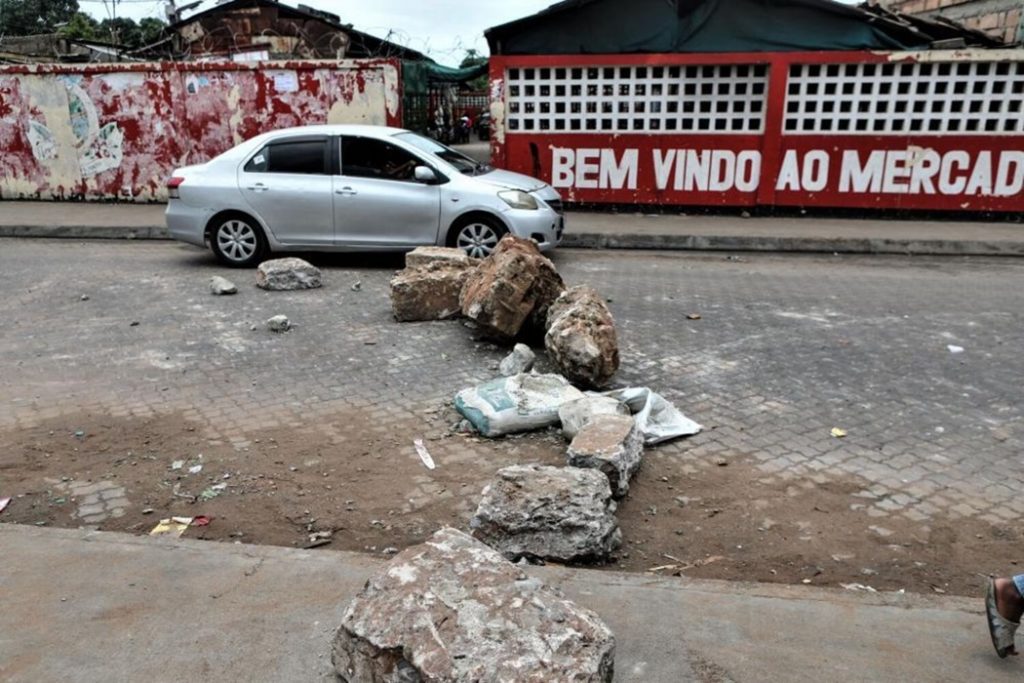


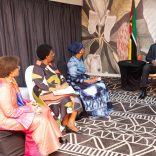




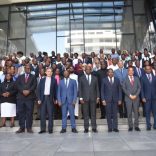
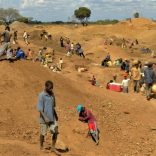
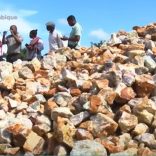
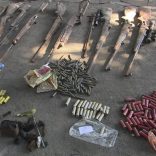

Leave a Reply
Be the First to Comment!
You must be logged in to post a comment.
You must be logged in to post a comment.